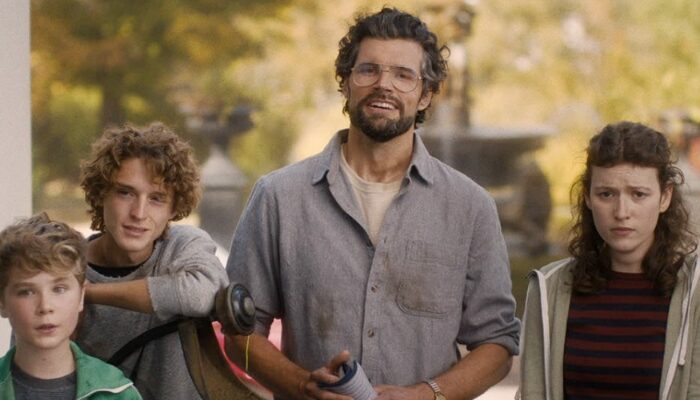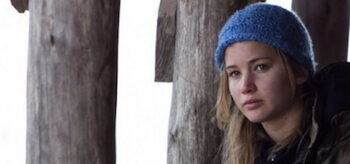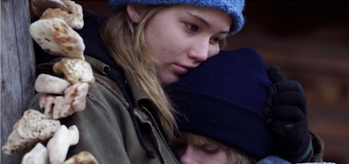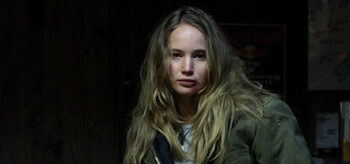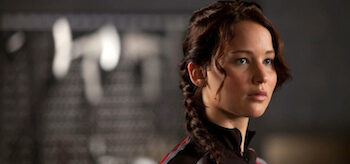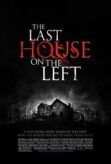Film Review: Winter’s Bone
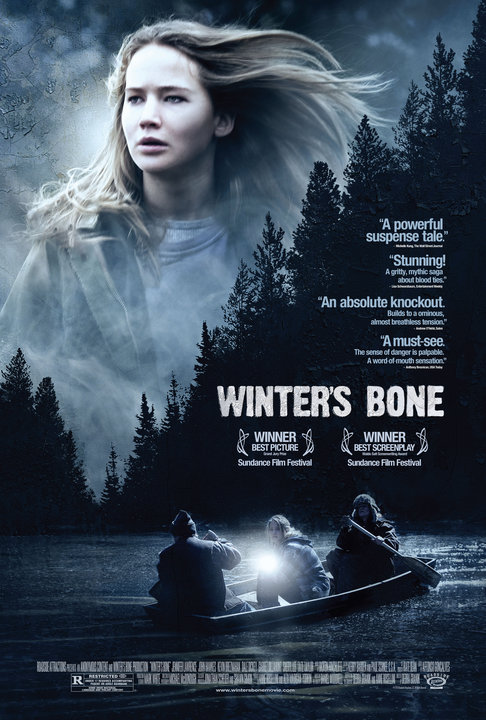
What they are all aware of is the necessity to stay close-knit, secretive, and solve their own problems and issues like Sicilians would in a foreign country. What the viewer is bound to wonder, whether they have seen television’s Justified or not is: What do the Meth makers do with all of their drug profits? Some of them live in shacks. Where do all of their money go? To Direct TV cable payments? The service’s presence is denoted numerous times by small dishes outside of certain abodes. What is the point of the illegal activity if they are not improving their quality of life?
Throughout Winter’s Bone, Ree shows a steely sense of determination. At one point, she says to her sibling: “What would I do without the weight of you on my back?” This one line of dialogue illustrates that at seventeen, Ree is accustomed to the responsibility of taking care of her brother, sister, and mentally disabled mother. The viewer may also realize by this statement that Ree is trapped. With her father gone, she can no longer have a better life for herself through the US military. If she joined and left for the Marine’s Basic School, there would be no one left to take care of her three immediate family members. Ree is in an inescapably sad situation.
The sadness of the local high school is even more glaring. The two prominent situations shown within those scholastic walls are how to take care of newborns and military drills, marching in formation. Having children and the military are the only two “career” paths 99% of students in her high school have and will take. Most probably do not have the grades or income for college. At no time during the film does Ree attend a single class, though she is a teacher of sorts to her two siblings. She is always at home, the default patriarch of the family. No one ever brings up that she isn’t in school, should be in school, not even the police (Garret Dillahunt) that visit her house or her neighbors. It is as if school and fighting their way out of the quagmire they live in is a dream not worth dreaming. Nothing is expected of Ree by anyone, nothing more than what is in front of her.
When Ree sets out searching for her father through the Ozark Moutains, the environment, the companion of every character in the film, shows up on the screen more and more. What is amazing is that there are overweight people in the area. So many of them lack any form of conveyance of any kind, have to walk, bum rides or ride horses (though that’s never seen in the film) yet somehow retain so much extra mass. The rural nature of the people, setting around singing and playing instruments, singing old hymns in crowded, run-down houses, the local customs and past times e.g. going to livestock auctions where a fast talking announcer spews indecipherable information in a rapid-fire manner, are all given time to breathe and stretch their legs onscreen and become part of the backdrop of Ree’s search.
Even as Ree moves up and over the trails, hills, and roadsides of Missouri, surmounting literal obstacle after literal obstacle, the environment is the constant, a steward in her and everyone else’s lives. Decorated with abandoned, rusted vehicles, farms and sheds, the environment is rural, cold, and hostile yet it’s most violent elements à la The Most Dangerous Game are its human inhabitants.
As the film progresses, Lawrence’s character (and the situations she gets into) call for more and more displayed emotion and she delivers but is supplanted whenever her uncle Teardrop (John Hawkes) is onscreen with her. He is the focal point of the scenes he enters, sometimes in the background, others more theatrically. When the mystery of his brother is slowly revealed, his antagonism, coming out earlier in bursts when angered, is brought forward full time and percolates behind his eyes. It’s one of the reasons why people are so wary of him and try to avoid confrontations with him. No one is safe from that aggressive quality, not even family members.
Debra Granik’s Winter’s Bone is a slow film, much like Jones’s Moon. This pace allows the viewer ample time to get to know the main characters and see their home lives whereas if this was a studio film; the search for Ree’s father would be the imperative.
Rating: 8/10
Related Articles
FilmBook's Newsletter
Subscribe to FilmBook’s Daily Newsletter for the latest news!

